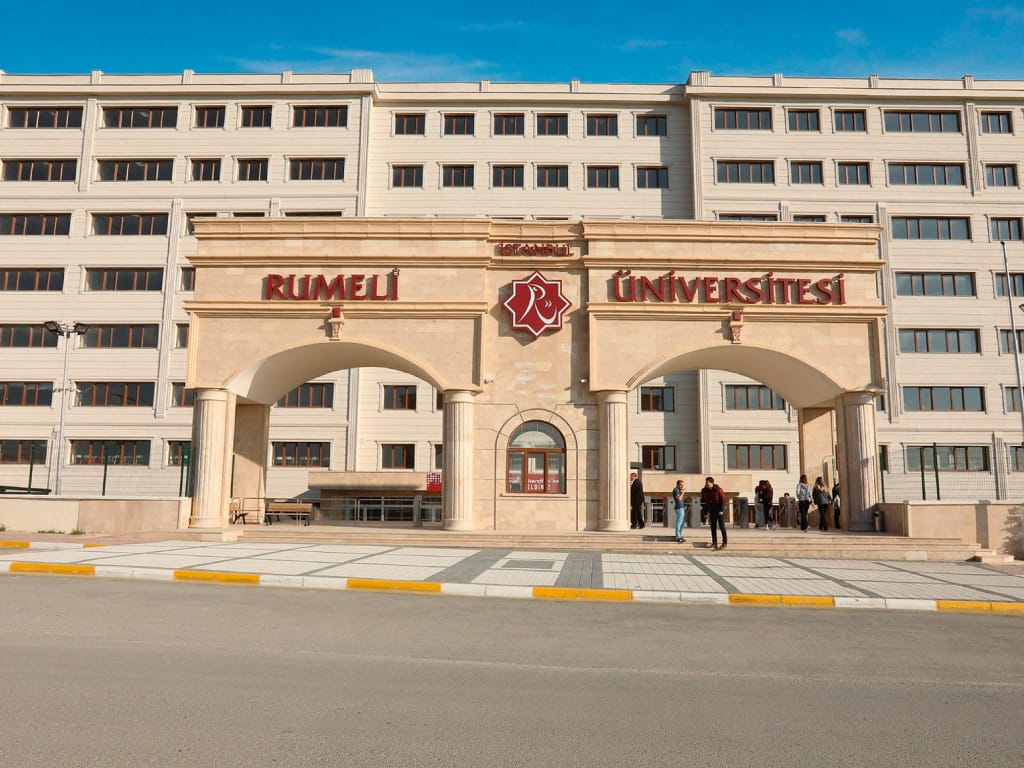
Required Documents
The Balcı Foundation was established in 2010, inspired by the idea of the late Mehmet Balcı, a mathematics teacher and education volunteer, that "education is the most valuable structure of a society." The Foundation aims to institutionalize and ensure the sustainability of the educational support activities that Mehmet Balcı carried out throughout his life.
Completing the establishment of Istanbul Rumeli University in 2015, the Balcı Foundation institutionalized its educational ideals to the extent envisioned by its founder. As a result, the number of supported students has increased to the point of being expressed in thousands. With the growth of Istanbul Rumeli University, the aim is to support tens of thousands of students.
In addition to the Istanbul Rumeli University Mehmet Balcı Campus, there is the Fikriye Balcı Campus, where landscaping works have been initiated since 1986 to instill love for nature and environmental consciousness in young people. This campus has turned into a green paradise over the past 30 years with greening works, afforestation processes, special walking paths, and social areas.
With great efforts, the foundation, which now provides scholarships to hundreds of students through Istanbul Rumeli University campuses, also supports young people in discovering their talents.
Founded on the philosophy of raising individuals with a contemporary and universal thought structure, Rumeli aims to bring individuals who can produce independent thoughts, critical, questioning, analytical, conceptual, and creative thinking into society, free from all kinds of dogma and rote learning.
Their vision is to become a world university that constantly develops, is assertive, dynamic, has high competitiveness, and places national and international values at the forefront, while prioritizing stakeholder satisfaction.
Among their core values are morality before all knowledge, sensitivity to national values, respect for beliefs and differences, environmental awareness, respect for rights and the rule of law, participation in management and academic life, respect for individuals' thoughts and ideals, interdisciplinary approach, breaking molds and rote learning, continuous change and improvement, prioritizing critical and free thinking in education and teaching, and student-centered education.
Their goals include organizing activities that contribute to students' personal development, strengthening their communication skills, creating a thought environment where science and art can be discussed in a multidimensional way, and contributing to students' understanding of how to learn and improving their learning abilities.